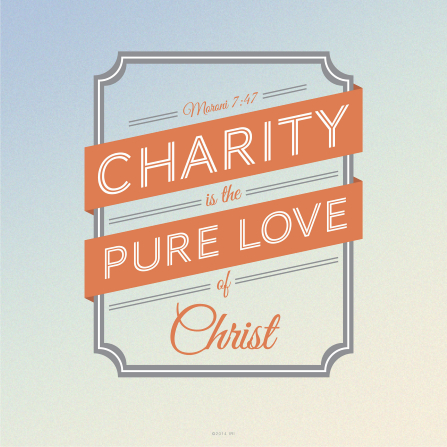I realized that I haven't posted very much (if at all) about modesty and what it means in the LDS Church.
Despite worldly views, many boys appreciate it when girls dress modestly. An example of this was the survey done by Alex and Brett Harris (teen authors of "Do Hard Things"--an amazing book!)
http://therebelution.com/blog/category/modesty-survey/#.VO0XM033-iw
So what does "Modesty" mean? A dictionary defintion is: behavior, manner, or appearance intended to avoid impropriety or indecency. Isn't that cool? It said "behavior" and "manner" in addition to just your appearance.
Here are the specific standards that the LDS Church encourages:"Immodest clothing is any clothing that is tight, sheer, or revealing in any other manner. Young women should avoid short shorts and short skirts, shirts that do not cover the stomach, and clothing that does not cover the shoulders or is low-cut in the front or the back. Young men should also maintain modesty in their appearance. Young men and young women should be neat and clean and avoid being extreme or inappropriately casual in clothing, hairstyle, and behavior. They should choose appropriately modest apparel when participating in sports. The fashions of the world will change, but the Lord’s standards will not change."
Why is modesty important? The Lord gave us our bodies, didn't He? Why does it matter if they're modestly portrayed?
For the Strength of Youth says this:
Modesty: Reverence for the Lord
Modesty: A Timeless Principle for All
I know that as I am modest I feel sooooo much more comfortable than when I know that what I'm wearing is too short or too tight. I also feel the Spirit more easily, not only when I am modest, but when those around me are modest and act in a modest manner.
I am grateful for the guidance of prophets and other church leaders. Without it, I'm sure I'd have a hard time knowing about dress standards and how much they can affect my life.
Despite worldly views, many boys appreciate it when girls dress modestly. An example of this was the survey done by Alex and Brett Harris (teen authors of "Do Hard Things"--an amazing book!)
http://therebelution.com/blog/category/modesty-survey/#.VO0XM033-iw
They asked boys what they thought about modesty and if they were comfortable around girls who were immodest. Most of them (I believe nearly all of them) answered that they were uncomfortable when girls were not dressed modestly.
My brothers and I have a song we enjoy that teaches this principle very well, and it's super funny :D
So what does "Modesty" mean? A dictionary defintion is: behavior, manner, or appearance intended to avoid impropriety or indecency. Isn't that cool? It said "behavior" and "manner" in addition to just your appearance.
Here are the specific standards that the LDS Church encourages:"Immodest clothing is any clothing that is tight, sheer, or revealing in any other manner. Young women should avoid short shorts and short skirts, shirts that do not cover the stomach, and clothing that does not cover the shoulders or is low-cut in the front or the back. Young men should also maintain modesty in their appearance. Young men and young women should be neat and clean and avoid being extreme or inappropriately casual in clothing, hairstyle, and behavior. They should choose appropriately modest apparel when participating in sports. The fashions of the world will change, but the Lord’s standards will not change."
Why is modesty important? The Lord gave us our bodies, didn't He? Why does it matter if they're modestly portrayed?
The temple of God is holy, which temple ye are.
(1 Corinthians 3:17)If you had something sacred, something that you cherished, say a locket with a picture. Would you give that locket to anyone? No.
For the Strength of Youth says this:
Here are a couple of articles that you can listen to or read that can improve your understanding of modesty:
Through your dress and appearance, you can show that you know how precious your body is. You can show that you are a disciple of Jesus Christ and that you love Him.
Prophets of God have continually counseled His children to dress modestly. When you are well groomed and modestly dressed, you invite the companionship of the Spirit and you can be a good influence on others. Your dress and grooming influence the way you and others act.
Modesty: Reverence for the Lord
Modesty: A Timeless Principle for All
I know that as I am modest I feel sooooo much more comfortable than when I know that what I'm wearing is too short or too tight. I also feel the Spirit more easily, not only when I am modest, but when those around me are modest and act in a modest manner.
I am grateful for the guidance of prophets and other church leaders. Without it, I'm sure I'd have a hard time knowing about dress standards and how much they can affect my life.

